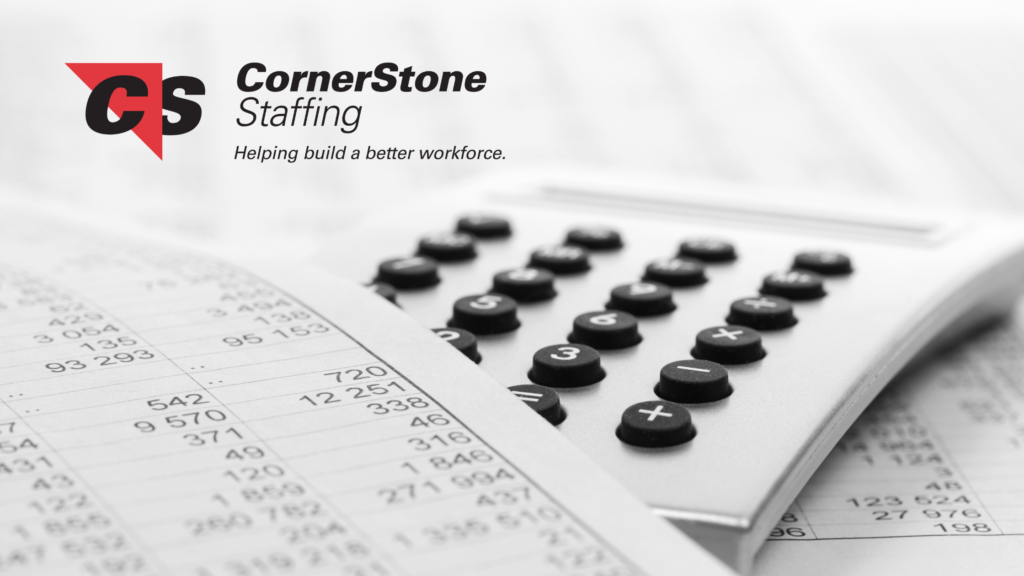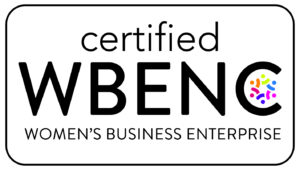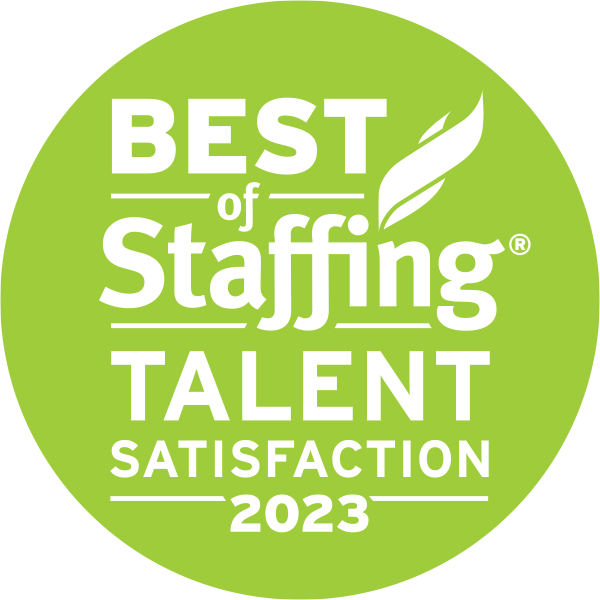
So you’re ready to start your career in accounting. What are roles available to you with your education and background? Here is a closer look at the types of specializations in the accounting industry. This is our guide to help you determine your next opportunity.
Taxes
Tax accountants prepare quarterly and annual taxes that are processed with the IRS and individual states. This role can be independent or with a firm to help individuals with their income tax returns or in-house doing individual or business taxes. Tax accountants have a busy season from January to April, but there is also plenty to do the rest of the year.
Finances
Financial accounting is generally handled in-house for a company. You will prepare financial statements that determine financial health and performance over various business periods. You will work with balance sheets and income information and provide reports on the complete financial picture. This information can be used by shareholders, consumers, and board members.
Auditing
Auditors review financial information to determine any non-compliance issues or inconsistencies. This can be done for a business or an individual. The audit information is then used to improve processes or individual financial outlooks. Auditors can work with external companies going into businesses to review finances. They can also be a part of internal staff to maintain compliance. Or they can work with the IRS to perform tax audits.
Forensic
An exciting area of accounting and auditing is forensic accounting. Forensic accountants investigate financial information to find evidence that can prove fraud, money laundering, or other illegal practices. This accounting specialization will work with law enforcement and testify at trials to provide expert information. Forensic accountants can work at accounting firms, insurance companies, or the FBI.
Management
Management accountants work much like financial accountants within a business, but their role is to provide information to allow the organization to make financial business decisions. This is closely associated with cost accounting which records the cost of manufactured products. They will spend most of their time working with their employers’ income, profit, and loss.
Personal Finance
Personal finance planning is an accounting adjacent career path but requires a strong background in accounting principles. Financial planners help their clients with their financial futures, including investment portfolios and retirement plans. They may also help plan future investments, such as college tuition for children and budgeting.
Environmental
Environmental accounting is a very technical aspect of accounting. They work with businesses to determine the environmental cost of their production. The price of environmental impact can include fines, waste management, remediation of contamination, and more. They can also help businesses make more energy-efficient investments.
Are you looking for your next job in accounting? Contact the team at CornerStone Staffing today.





